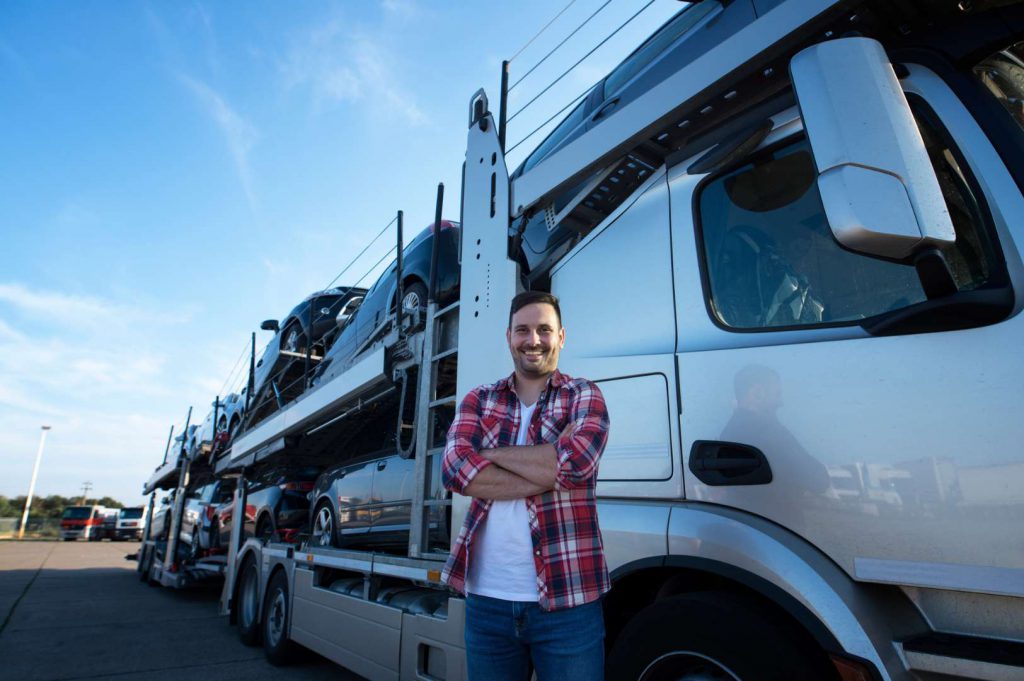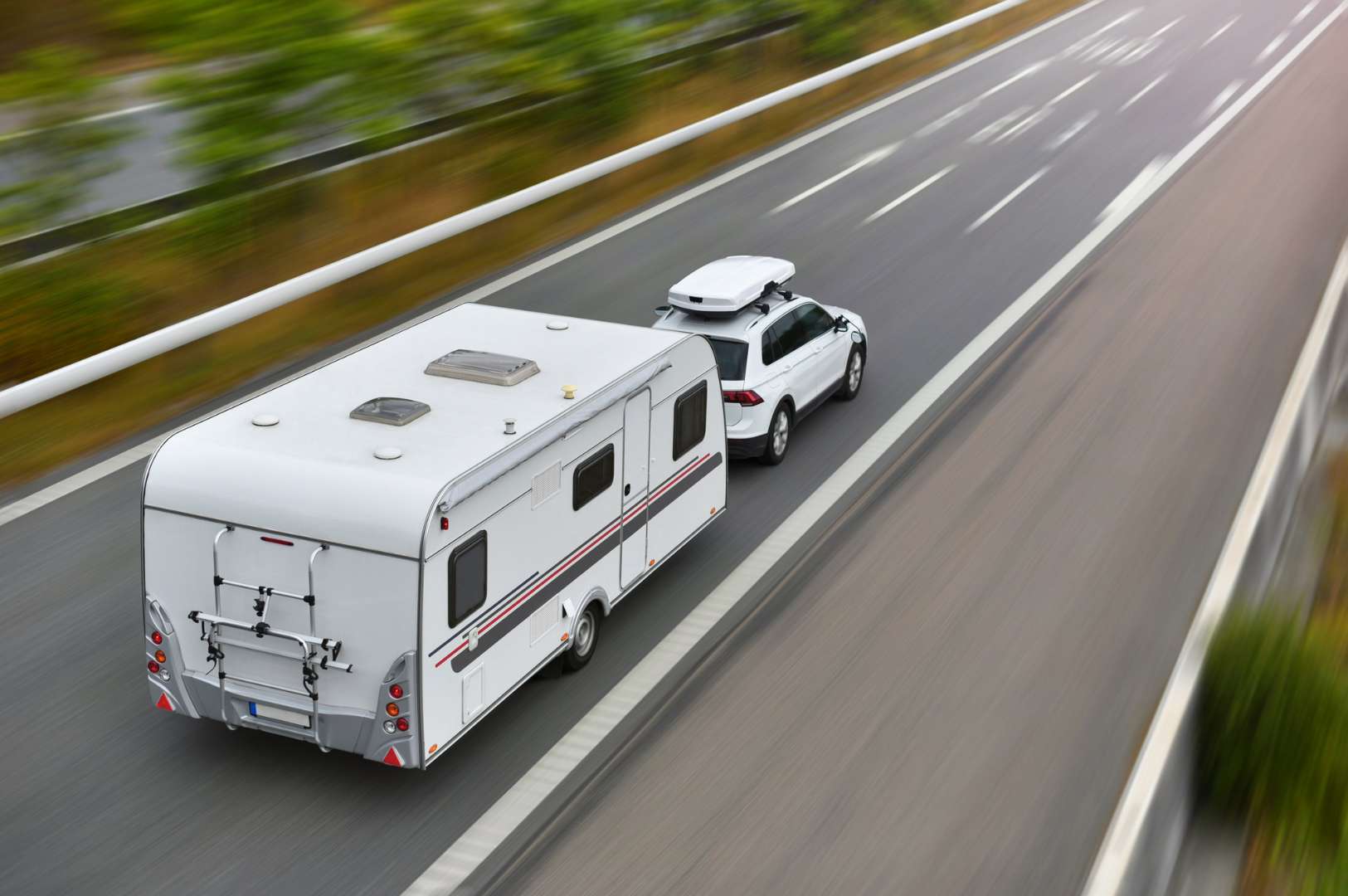Selecting the right trailer is a big decision that requires careful thought, whether you’re a contractor hauling equipment across the country or a small business owner needing extra space and storage. But going through the search can make you realize how overwhelming the options can be.
While trailers may initially appear simple, resembling basic boxes on wheels, it’s important to recognize that there can be significant disparities in quality and durability among models that may seem remarkably similar in photographs or specifications. Without a careful examination of their construction, you risk acquiring a trailer that deteriorates faster than expected.
You can only identify key areas that indicate true quality and value for money through extensive research and hands-on trailer inspections. Considering these vital components will help ensure the trailer withstands the demands of your unique business needs, whether hauling construction gear, camping off the grid, or storing inventory.
Essential Features To Look For In High-Quality Trailers
Robust construction and materials
A trailer’s frame acts like the skeleton holding everything together, so durability and stability are non-negotiable. Going for fully welded, reinforced steel, or aluminum framing prevents annoying sagging under heavy loads later on. Additionally, powder-coated finishes guard against premature rust erosion if you’re towing in rain or snow regularly.
The exterior walls and roof also endure heavy exposure from road debris, weather, and surface abrasion over thousands of miles. Thin ply panels just don’t cut it for durability.
Seek trailers for sale in Greencastle PA made from triple-layer laminated aluminum, galvanized steel sheeting, or resilient fiberglass construction instead to better deflect leaks, tears, and dents.
Thoughtfully designed interiors
The interior compartment won’t just shield your cargo and tools—you may end up occupying the space, too, for long hauls. Choose models that promote durability while remaining comfortable for extended transport. For example, steel walls with a coated finish allow you to magnetically hang tools right where they’re needed most. Sturdy, tight-sealed storage cabinets also prevent dust and moisture from damaging contents.
Rugged suspension systems
A trailer’s suspension system carries vital importance in managing tire grip and load stabilization on uneven terrain. Your cargo and vehicle stopping ability depends heavily on the system controlling trailer sway. Without robust shock-absorbing components, trailers risk bouncing erratically or fishtailing dangerously while towing.
To counteract weight shifts over bumps, look for independent suspension using rubber torsion axles, heavy-duty leaf spring axles, or dual axle setups rated for a minimum of 5,200-pound capacities. Air ride suspension fits the bill for smooth, customizable rides. Test driving models before purchase can help you better evaluate suspension system quality and features.
Smart loading/unloading accessibility
Efficient cargo access makes all the difference when loading or unloading a trailer daily. Key features that make daily loading and off-loading vastly more efficient include extra-wide double rear doors that open widely. Integrated ramps or lift gates can spare your back to roll inventory aboard smoothly. Side entry doors have also proven handy for tying down cargo without climbing inside.
Tool organizers and abundant tie-down D-rings prevent supplies from sliding askew mid-transit. Deep loading wells and minimal interior obstructions ease drive-in entry, reaching items parked furthest back. In short, quick access enabled by thoughtful design saves labor hours battling unwieldy inefficiencies that sideline operations.

Top-grade locks and security features
Cargo protection depends enormously on preventing unauthorized access, whether parked or mid-transit. Don’t let inferior locks jeopardize your precious trailer contents. Look for hardened steel doors with premium disc padlocks, deadbolts, and cutter-proof chains that foil break-in attempts.
For keyless convenience, digital locks furnished with customizable keypad codes authorize access. GPS tracking provides real-time visibility and alerts if trailers go missing. Securing the actual tires with wheel boots immobilizes against theft as well. With cargo theft costing billions annually, one breach could critically impact small businesses. But the right locks provide peace of mind.
Suitable cargo capacity
One of the first specifications to evaluate is your payload capacity needs for both weight and volume. Trailers range from modest 1,500-pound utility models to over 50,000-pound heavy equipment haulers. Take measurements of typical cargo dimensions and density to determine the necessary cubic footage, factoring in oddly shaped items requiring angled loading. Also, account for future business growth projections when selecting ideal capacity, not just current numbers.
Proper axle alignment distributes weight within the Gross Vehicle Weight Rating (GVWR) up to 30,000 pounds or more. This represents the maximum amount of weight your trailer can handle safely. Overloading strains components and risks dangerous accidents plus violations. Matching your realistic cargo requirements to trailer capacity avoids major headaches down the road.
Smart electrical systems
Trailers running refrigerators, power tools, or executive offices require robust electrical to support lights and electronics in harsh environments. Scrutinize the entire system – vehicle connectors, onboard control panels, charging ports, backup generators, and solar panels.
Waterproof marine wiring with sufficient battery storage prevents short circuits from rain or floods. High-output alternators should recharge easily without overtaxing the tow vehicle. Monitoring apps help prevent battery drain leaving cargo stranded. You want to avoid ending up with cargo stuck on the road mid-transit.
Highly configurable
Beyond one-size-fits-all enclosed boxes, custom-built trailers adapt to evolving business needs via slide-outs, removable ramps and walls, and modular interiors like Class C recreational vehicles. Side doors, awnings, and skylights lend convenience, especially when turning a trailer into a mobile office space or store.
Dual-level designs often accommodate heavier freight downstairs and lighter gear upstairs. Versatile configurable trailers adapt seamlessly, saving owners from wasting money purchasing multiple units as the business evolves. Think about how adaptable trailers best align with your future requirements.
Climate and ventilation controls
Transporting food, plants, or sensitive equipment demands strict climate controls against spoilage. Look for adjustable roof vents, exhaust fans, and external airflow intakes. Thermostats, air conditioning units, heat strips, and dehumidifiers maintain optimal temperature and humidity. Operable windows offer old-fashioned assistance. Determine the exact conditions your cargo requires to avoid preventable losses out on the road.
The Bottom Line
Whether towed daily behind a work truck or parked storing valuable gear, only quality trailers boasting heavy-duty construction guarantee lasting performance and return on investment.
Prioritizing trailers equipped with robust framing, road-ready suspension, hardened exteriors, high-tech electrical, and customizable layouts help discerning buyers separate temporary gimmicks from lifelong cargo-hauling partners. Choosing trailers equipped with these non-negotiable features sets your business up for unlimited possibilities on the road ahead.



